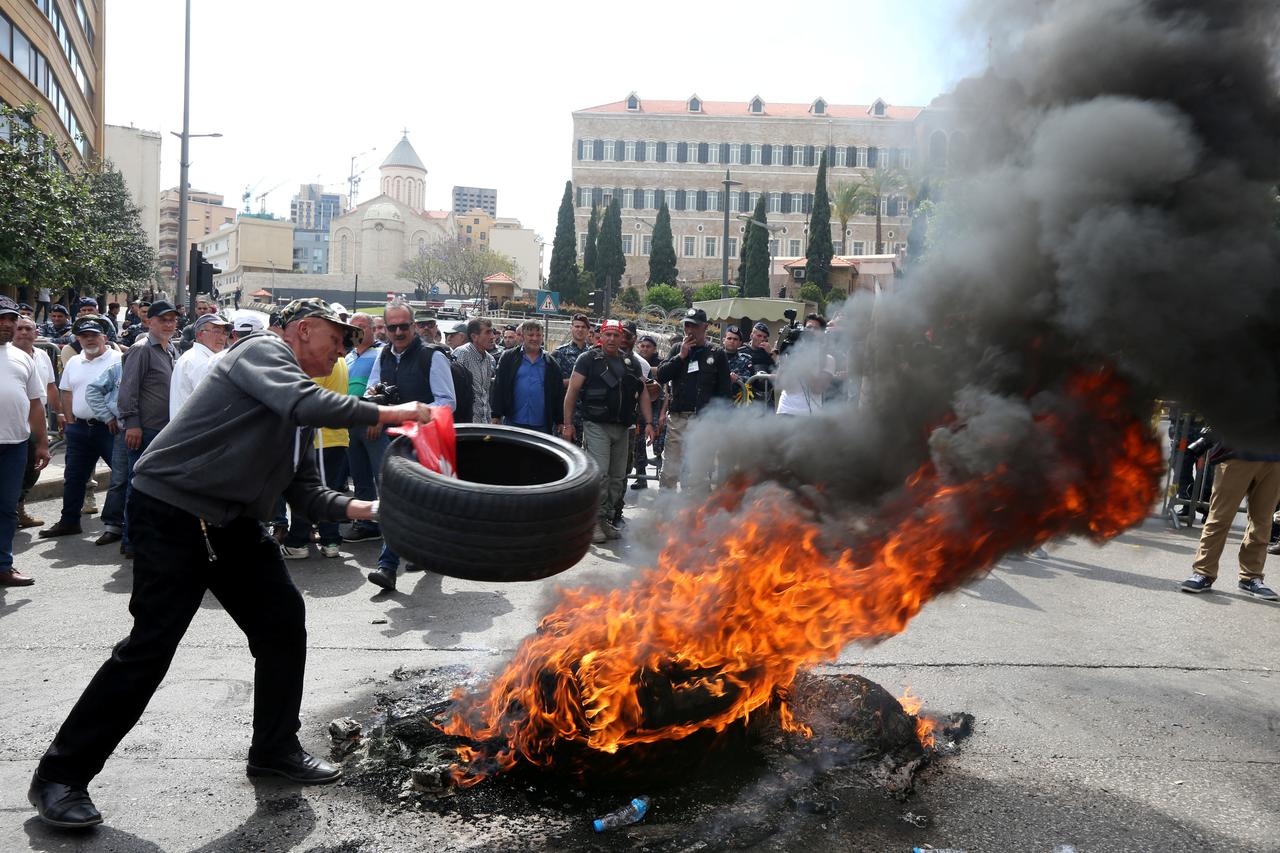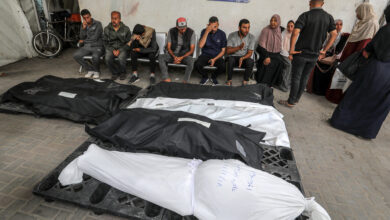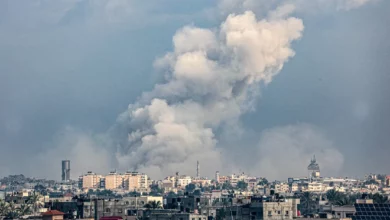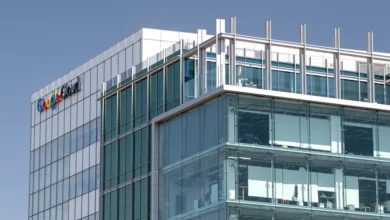
BEIRUT (Reuters) – The Lebanese government said on Friday that only soldiers serving at the frontline with Israel would benefit from a financial incentive that was designed for frontline troops but has been widely applied.
A demand for the strict application of the “Measure 3” scheme was included in a tough draft budget that has triggered strikes and protests in recent weeks, including by retired soldiers.
The Lebanese economy is saddled with one the heaviest public debt burdens in the world, and Prime Minister Saad al-Hariri said this week that failure to pass a “realistic” budget would be tantamount to a “suicide operation”.
The public sector wage bill is the government’s biggest expense, followed by debt servicing costs.
Under “Measure 3”, one year of frontline service is counted as three when it comes to calculating soldiers’ end-of-career compensation.
“The government will apply the law that stipulates that Measure 3 is (applied for soldiers) in confrontation with the Israeli enemy,” Information Minister Jamal al-Jarrah said, adding that retirement ages for soldiers would be raised.
Ex-soldiers set ablaze tires in a protest against the NEW restriction outside the government headquarters on Friday, the latest demonstration against cuts to their benefits.
The Lebanese army, a big recipient of US military aid, is widely deployed inside the country and has been seen as a pillar of its stability since the end of the 1975-90 civil war.
Jarrah said it would be left up to the command of the security apparatus to determine in which situations Measure 3 should be applied.
“This means they will determine with cabinet exceptional circumstances the country may pass through and when” the different measures are applied, he added after a cabinet meeting.
Writing by Tom Perry; editing by John Stonestreet
Image: Ex-soldier takes part in a protest against cuts to their benefits outside the government headquarters in downtown Beirut, Lebanon May 10, 2019. REUTERS/Mohamed Azakir




